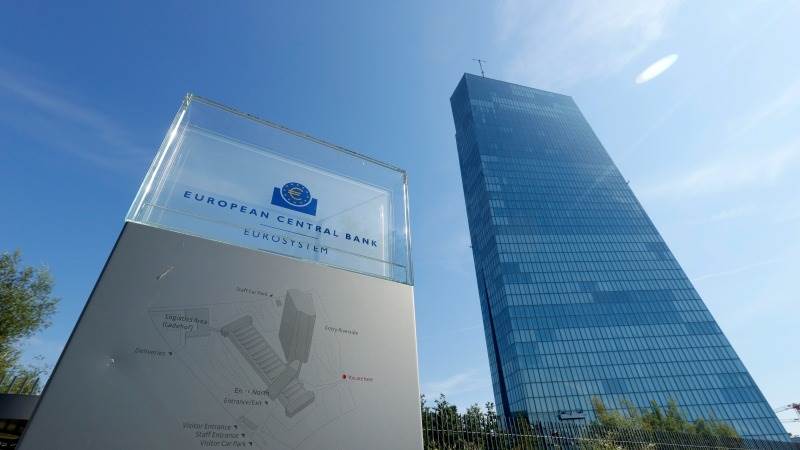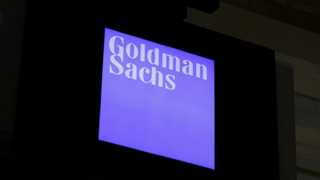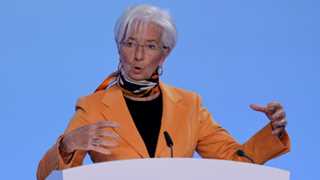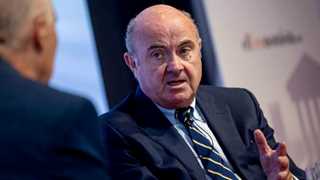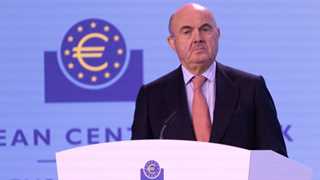Ever since the start of the policy tightening cycle, the European Central Bank (ECB) has insisted its interest rate decisions will be data-driven. Since its last meeting, euro area inflation dipped below 2% in September, landing at 1.8%, in line with the bank's projections. Unemployment was steady at 6.4%. Meanwhile, both the manufacturing and service sectors saw a fall in activity, with the survey warning the services are likely to continue declining. The second-quarter economic growth clocked in at just 0.2% compared to the first quarter, as Commissioner for Economy Paolo Gentiloni indicated the November growth forecast for 2024 will probably not be revised up from 0.8%. So does the data point to another cut at Thursday's meeting?
Arguments against a rate decrease include the ECB's projection that inflation is likely to pick up again soon, although the rise should be temporary. ECB President Christine Lagarde said the monetary tightening has reached the peak of its impact on the GDP, while National Bank of Slovakia Governor Peter Kazimir indicated in September the ECB will not have enough data points by the October meeting to justify a cut.
However, as the meeting approached, central bankers' comments seemed to lean increasingly toward further easing. Bank of France Governor Francois Villeroy de Galhau said a cut is "very likely," expressing fears of "undershooting" the 2% inflation goal. Bank of Latvia Governor Martins Kazaks agreed, citing available data, although he voiced concerns regarding the still-high services inflation. Even Kazimir conceded he could not rule out a cut, although he was markedly less hawkish than his colleagues.
In the minutes of its September meeting, the ECB Governing Council agreed it could lower rates faster if "the downside risks to domestic demand and the growth outlook materialized." Considering reports indicating the continued contraction of the Eurozone's manufacturing sector, and the German government's projection that its economy is expected to shrink by 0.2% in 2024, the prospect of a new rate cut looks likely indeed.

